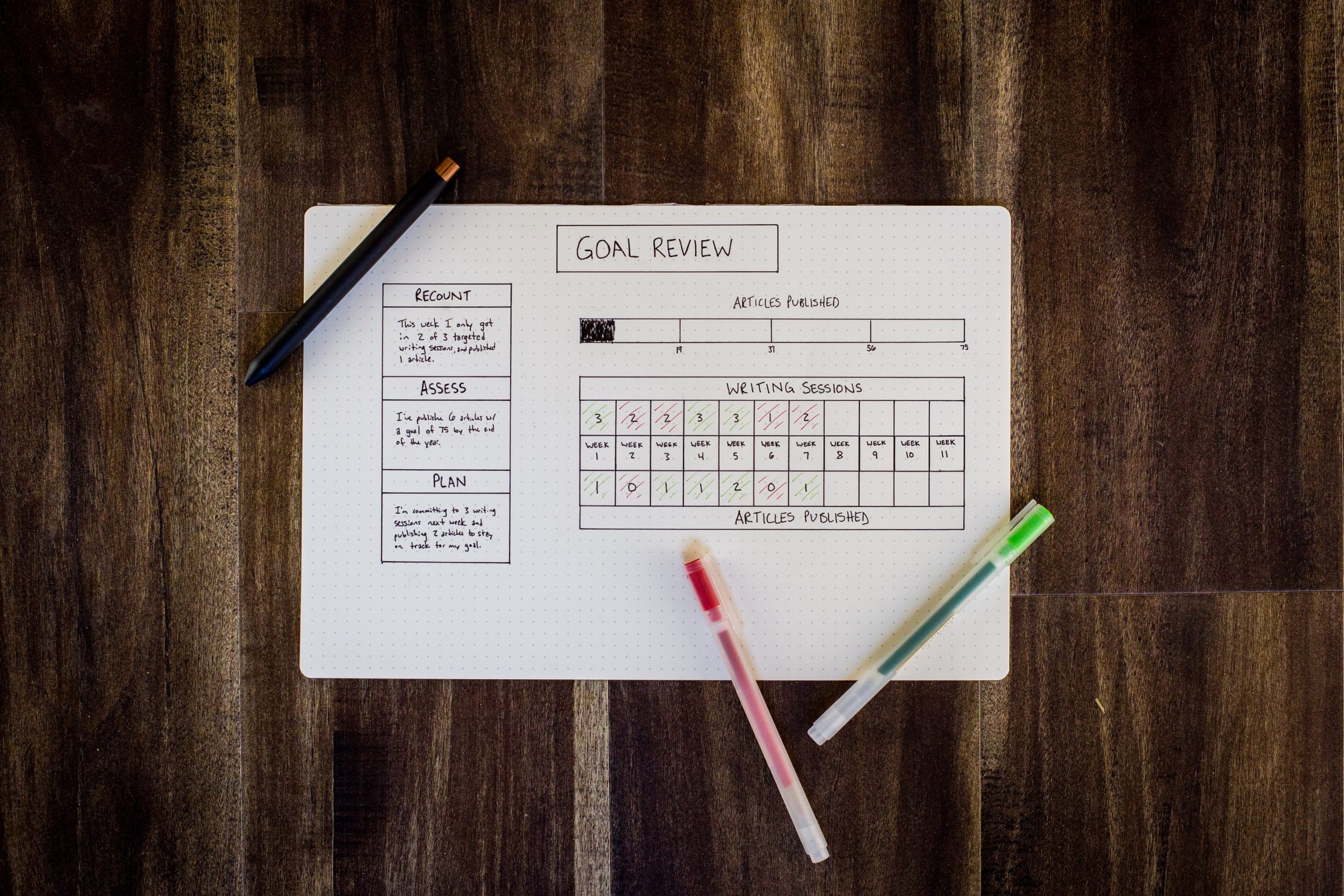There comes this moment when you’ve been working really, really hard on something…
And then it starts to work…
And then, you look around at your life…
And you hate to admit it…
But you’re bored out of your mind.
At this point, you have some choices to make.
Choice 1: You can blow stuff up… namely, all the things you’ve worked so hard to build, aka: your life.
(Pro tip: This solution is not advised.)
Choice 2: You can set bigger goals… make more money, travel to more exotic places, buy fancier shoes, whatever.
(Pro tip, the second: This doesn’t work. Although, it’s fun to go on vacation eventually. What I actually learned eating fancy dinners in fancy locations is that the food is delicious, but an hour later you’re hungry again.)
Takeaway: Food truck food is every bit as delicious as fancy food, but you don’t have to wear make-up. Much advised.
Choice 3: You can have the real talk with yourself about how extrinsic goals (goals that are outside of yourself) have limited usefulness.
Once you get past the stage where you can afford food and shelter, money doesn’t buy happiness… outside goals buy comfort, sure, but not happiness.
So what should you do?
This is the moment when some people will rush to Barnes & Noble (or pull out their Amazon app) and start searching for a new self-improvement book.
Spoiler alert: Chapter 1 is always called, “What do you want?” Or, “How to figure out what you want?”
I can also tell you that I flunk Chapter 1 every time.
For Chapters 2-14, I’m a rockstar. Implement what I discovered in Chapter 1? Absolutely!
But actually knowing what I want? No. Huge failure.
Eventually, I gave up on self-help books, because of self-diagnosed “Chapter 1 Failure Syndrome.”
Here’s what I do now:
Step 1: I look at the intrinsic reasons that my extrinsic goals worked in the first place.
Which is fancy for: “For reals, it’s not about the money. So why were you doing what you were doing in the first place?”
For me, the reason is always family.
- I work from home, so I can walk my youngest daughter to the bus in the morning, and be in the living room when she gets off the bus in the afternoon.
- I take time-flexible assignments, so I can drive 2 of my daughters to their jobs, even though their schedules vary.
- I even chose my field… direct response marketing… because I wanted to be able to see results. Why? Because I want to know that every minute I spend away from my kids is helping someone achieve their goals. I want my work to matter. You’re never going to find me saying, “Not now, honey, Mom has to go do a job that’s not going to matter to anyone ever.”
Step 2: After I look at my reasons. I look at other ways I can bring that reason into my life.
I always look at work first, because being able to provide for my family is a core value. But if I’m happy with the direction my work is taking, then I look elsewhere.
That’s because life isn’t all about work. It’s really not. (Left to my own devices, I’d probably work around the clock, but that’s not a good habit to get into.)
Next, I look at my hobbies.
Is there a way you can bring a hobby into your life in a way that meets your central goal?
In my case, I invited my daughters to join a dance class with me. They enjoyed it. And we enjoyed being together.
So, the next thing I did was invite them to join a dance team with me. Now, we train and perform together.
We love it.
It promotes musicality, wellness, brain health, and social skills, while also supporting my central goal of creating a close family.
Plus, it’s fun.
Step 3: After I decide on a new way to implement my central goal. Then, I look at what I stand to lose if I don’t achieve my goal.
For me, if I don’t have my family, I don’t make sense in the world. My family is a core part of my identity. If they were suddenly “poof, gone,” the “picture frame” that I use to organize my life would dissolve.
Don’t ever lose sight of your real goals.
It’s easy to get lost in the weeds when all your goals start to seem equally important.
In my example, it’s not about the dancing; it’s about the family. We could stop dancing (although I don’t want to) and we’d still be a close family.
But if I ever let dancing come between me and the kids, then I would have destroyed everything.
So the takeaways are:
1- Extrinsic goals stop working after a while. That’s normal.
2- Intrinsic goals will take you a long way, but they can be confusing.
3- Choose what you want. And if it turns out you don’t like it, try something different.
4- Keep your goals in order, so you don’t lose sight of what matters.
What to do now: If you’d like to know more about how this former 9th-grade Algebra teacher helps multi-million-dollar businesses increase sales with simple “teach for action” techniques, then go to www.9BuyerSystem.com
